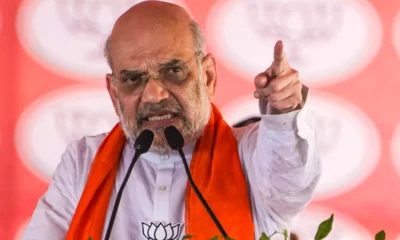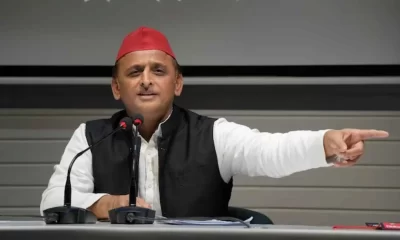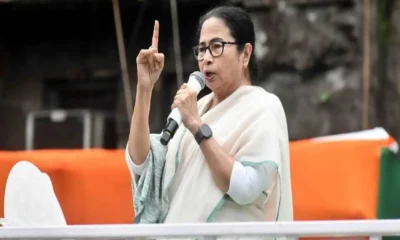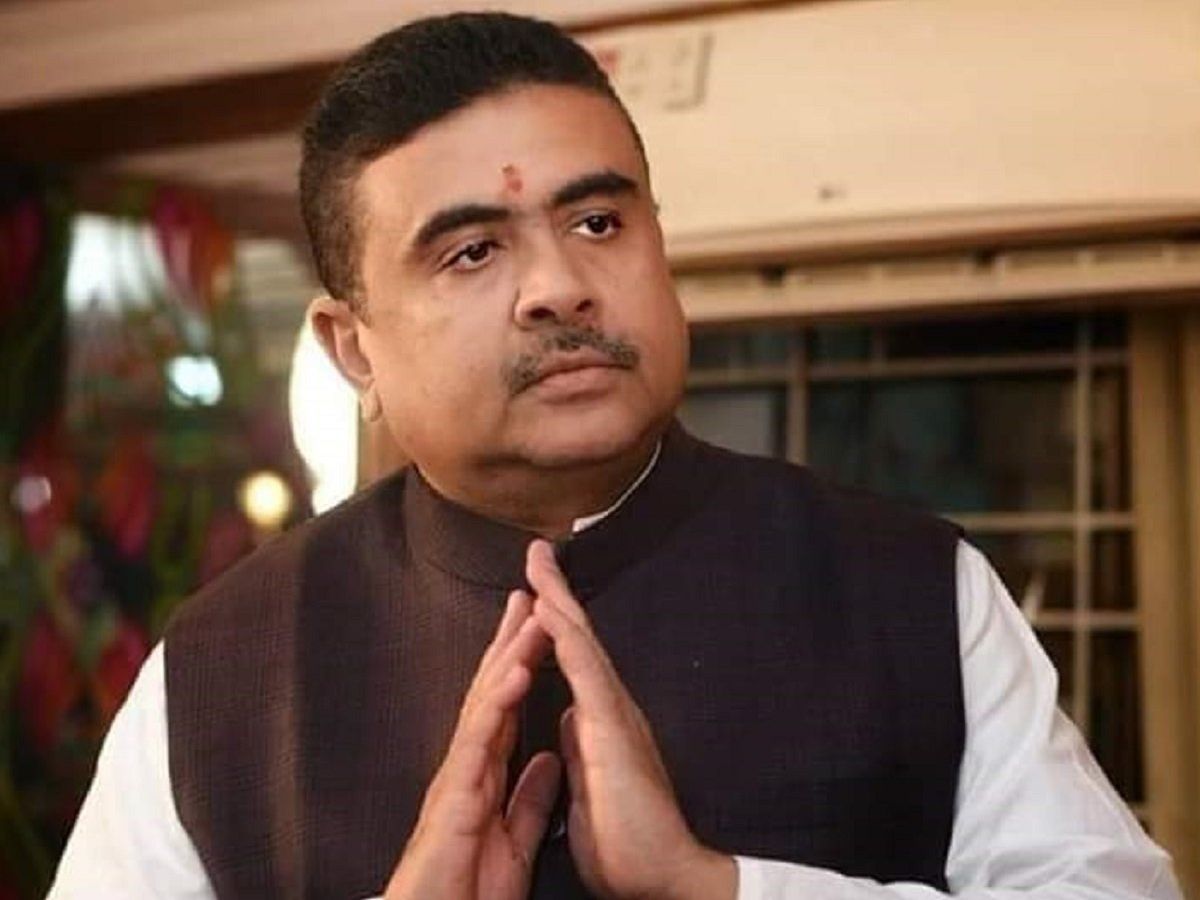[vc_row][vc_column][vc_column_text]The Bengal govt had imposed restrictions on idol immersions on September 30 after 10pm and completely prohibited immersions on October 1, the day of Muharram.
The Calcutta high court on Thursday revoked Mamata Banerjee’s ban order on Durga idol immersion during Muharram.
The Mamata Banerjee-led TMC government had imposed restrictions on Durga idol immersions on September 30, the Vijaya Dashami day, after 10pm and completely prohibited immersions on October 1, the day Muslims will observe Muharram.
The High Court said the government was “exercising extreme power without any basis”.
In its order, the court allowed the immersion of idol till 12 am on all days including Muharram. It also asked the police to ensure routes are designated for immersion and Tazia, ANI reported.
The order came a day after the High Court slammed the Mamata Banerjee government for hindering a citizen’s right to practise religion on the basis of a mere assumption of law and order disruption and said that it must provide sound reasons for doing so.
Reminding the state that there’s a difference between regulation and prohibition, the court said people have the right to practise their religious activities, whichever community they may be of, and the government cannot hinder a citizen’s right without providing sound reasons for doing so.
“Let them (Hindus and Muslims) live in harmony, do not create a line between them,” Acting Chief Justice Rakesh Tiwary said, asking the government to provide a “concrete ground” for its decision.
“People have the right to practise their religious activities, whichever community they may be of, and the State cannot put restrictions, unless it has a concrete ground to believe that two communities cannot live together,” the acting chief justice said on Wednesday.
West Bengal government’s notification imposing restrictions on Durga idol immersions sparked a controversy in the state and the BJP, RSS, Bajrang Dal and VHP accused the chief minister of indulging in appeasement politics. “…The state government doesn’t have the right to decide when and how immersion will take place, it can only decide the routes for immersion. This administration, especially the chief minister, has no confidence in herself or in her administration. That’s why she is attacking our religious beliefs and introducing restrictions. If she has so little confidence, let her seek the Centre’s help,” state BJP president Dilip Ghosh said.
Three petitions challenged the restrictions on the traditional immersion of idols at the end of the five-day Durga Puja.
The state government had argued that the restrictions were “a preventive action to rule out any possibility of a law-and-order situation.”
But the court said while it didn’t dispute the state’s right to regulate, the administration cannot restrict one’s religious rights. “You can exercise the power conferred to you. But we cannot permit arbitrary use of power. You have to go step by step. If a gathering got violent, first you will use water cannon, then mild lathi-charge and then the next step. You can’t fire first. Prohibition means that you are taking last step first,” said the acting chief justice.
“There is a difference between regulation and prohibition. You are exercising extreme power without any basis. Just because you are the state, you think you can pass an arbitrary order? Only because you dreamt that something will go wrong, you cannot impose restrictions,” he said.
A mere assumption that a law-and-order situation might arise, owing to Vijaya Dashami and Muharram falling one after the other, could not be the basis for imposing curbs on immersion timings, the court said.[/vc_column_text][/vc_column][/vc_row]
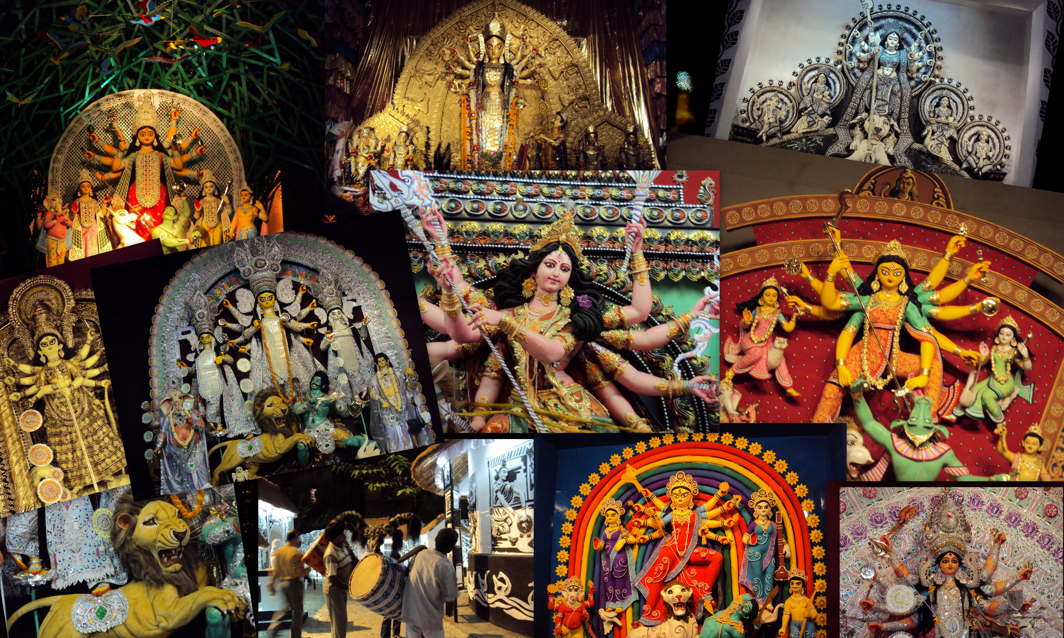

 Latest world news22 hours ago
Latest world news22 hours ago
 India News22 hours ago
India News22 hours ago
 Latest world news21 hours ago
Latest world news21 hours ago
 Latest world news22 hours ago
Latest world news22 hours ago
 India News21 hours ago
India News21 hours ago


